Off Topic: Is there such a thing as too much popularity?
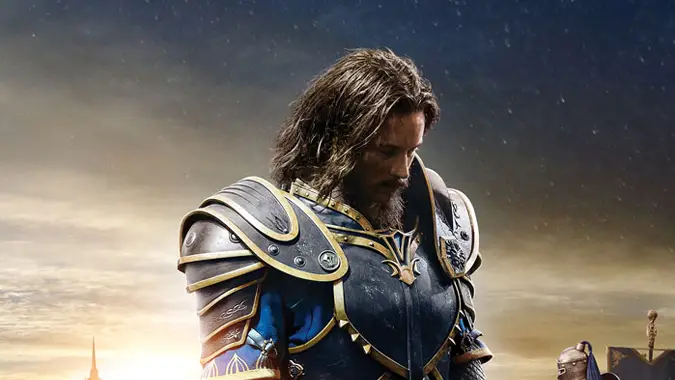
Sometimes, I sit down and play World of Warcraft for a couple of hours. I usually have a good time. Then I go and read my Twitter feed and discover, whoops, the game is awful and I should hate it and take absolutely no enjoyment from it ever.
This is a level of vitriol in discourse that I’ve seen more and more often lately in a wide variety of connected yet disparate situations. Whether it’s Game of Thrones fans melting down every Sunday night or a huge amount of deconstruction I’ve seen on Avengers: Endgame or a small minority of reviews I’ve seen of Detective Pikachu that seem horribly confused about what the movie was going for, I lately find myself wondering if there comes a point where success tips over into a situation where it resembles failure. Can a story become so popular, so beloved, that it can’t possibly live up to itself?
Now please keep in mind, I accept and even admire the need for cogent analysis and critique. I’m always here for people who are willing to not only say that something didn’t work but also to outline why it didn’t work. But at the same time, I do believe that there are times, especially since the internet grew to the size it is today, where our cultural inertia tends towards a single opinion expressed repeatedly and loudly, overwhelming nuance. And I think we’ve got a lot of examples of that phenomenon, going back to before there was an internet, because I also believe the online experiment has only heightened and emphasized tendencies humanity has always had when it comes to media. It only takes a few years for what used to take decades, and authors used to be long dead before their works grew to this point of popularity for the most part. But the tendencies aren’t new.
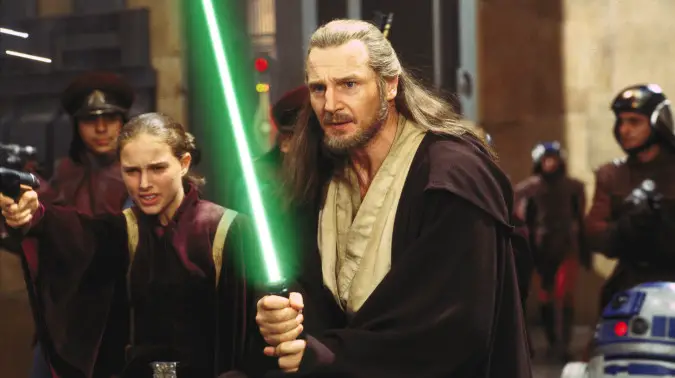
The menace of the Phantom
For me, one of the biggest examples of this tendency to overcorrect in fandom is Star Wars. What started in 1977 as a really fun popcorn movie emulating old Saturday serials and aiming for a specific kind of storytelling became a cultural phenomenon. I don’t think anyone, especially not George Lucas nor his many frequently under-recognized collaborators, really saw the behemoth that Star Wars was going to become. By 1999, when The Phantom Menace came out, the franchise had been growing in fan love for over two decades without new movies, bolstered by cartoons, tie-in novels, comic books and other media.
Initial response to A Phantom Menace was positive. People generally enjoyed this movie. I think this needs to be stated. It’s not that everyone loved it breathlessly and thought it could do no wrong. Even people like myself who still attest to enjoying it acknowledged then and now that it had some flaws — the dialogue could be pretty stilted in places, I don’t think anybody under the age of ten actually enjoyed Jar-Jar Binks, and they really spent way too much time on pod racing — but in general, there was a consensus that the film succeeded in being a fun adventure story with Jedi and Sith and spaceships and big set battles. It felt like Star Wars, even if it wasn’t ever going to replace your personal favorite of the original trilogy.
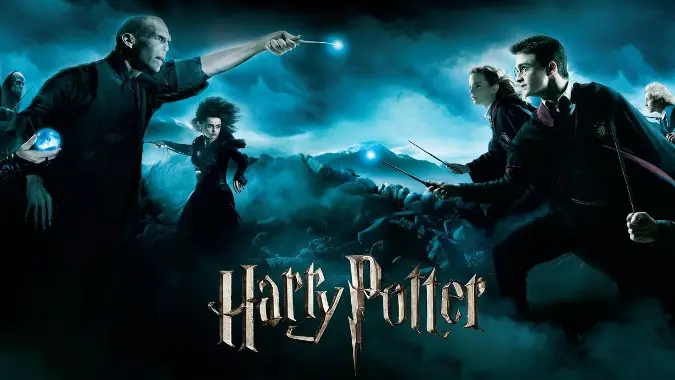
The tension of expectations
But there was a tremendous amount of pressure and hype from a fan base that had waited since 1983 for this movie, and wanted it to be so, so much better than it was ever going to be. Worse, no two people in that massive fan base wanted it to be the same thing — the weight of fan expectation was as if people had waited almost two decades to see Avengers Endgame. The original Trilogy was beloved by people who, for the most part, saw the films as children.
I was six when A New Hope came out and twelve when Return of the Jedi came out. I was basically peak audience for A Phantom Menace and I saw levels of excitement for that film that I’ve never seen again, not even in the modern internet age where everything is discussed constantly. People were having the equivalent of long forum threads out in the world. You literally could not escape Star Wars in 1999. When the movie turned out to be a solid romp instead of the transcendental experience people expected, the weight of that disappointment hit much like millions of voices crying out in anguish.
To this day, I view the prequel films as a perfect storm of fan expectations and a failure to manage them combined with a creative process that had already lined up what it was going to do and fundamentally didn’t grasp how it would be received. The problem with becoming so hugely popular is that so many people feel that this thing is a part of their lives, that it belongs to them. It’s important to them. When the Star Wars prequels turned out to be solid action adventure movies with wild special effects and not particularly deep plots, people who’d spent decades consuming every scrap of Star Wars they could get their hands on were disappointed.
While I would never put the prequels in a list of my top films of all time, I also wouldn’t put the original Star Wars movies on that list, either. Compared to the other top films of 1977, A New Hope doesn’t even compare to A Bridge Too Far which is itself only a good movie, much less to Close Encounters of the Third Kind which I’d argue is a really good movie and certainly superior to Star Wars.
But these discussions of quality are almost irrelevant. Star Wars has nothing to prove — its cultural importance has been long established.
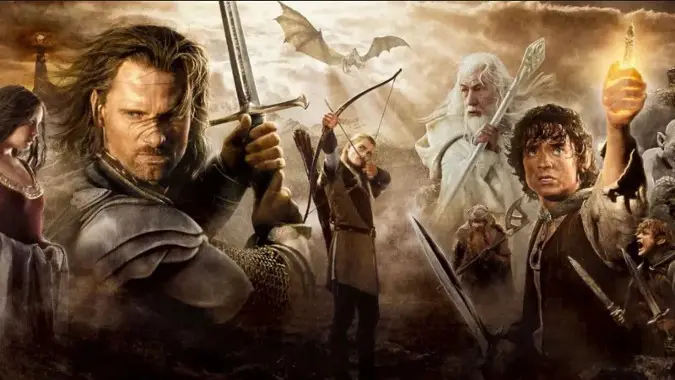
Too big to criticize?
In fact, it’s that cultural importance that I think becomes a detriment to the reception of these media. Just as the sheer weight of expectations and hopes and identification can hobble good product for not being good enough, it can lead to an echo chamber where the same opinions get repeated over and over again so that they utterly wash out other opinions, whether rightly or wrongly. And for some of these massively popular media, the voice of the fandom has a far greater reach than the media itself.
I’ve never read a Harry Potter book to completion — I started the first one, didn’t like it, put it down. That was my whole relationship with the books. But it’s almost impossible as a human being who has lived in the past two decades to not constantly interact with Harry Potter. I know what a Hufflepuff is. I know what a muggle is. I know who Ron Weasley and Severus Snape are. I’ve never watched the films either, so it doesn’t come from that — I simply have absorbed this information through continued exposure to other people’s thoughts on the stories.
This is something that has happened before, but it can happen so fast now. The original Hobbit is a book I read young, liked it well enough, and then I tried to read the Lord of the Rings and didn’t like it. Much like Moby Dick and the lavish description of harpoons, I found the author’s digressions into things like what kind of weed Hobbits smoke in their pipes and pretty much anything Tom Bombadil did to be wholly enervating. But long before the films, I knew the whole story of the books because I played D&D in the 80’s and 90’s and you couldn’t go to a D&D game in the 80’s and 90’s without at least one big discussion of those books happening. My teen years was spent awash in other people’s arguments about them.
The internet didn’t invent that. It just made it far, far more widespread, and ensured I didn’t have to leave my house or interact with another human being outside of my living room to find out just how vitally important these stories are to people.
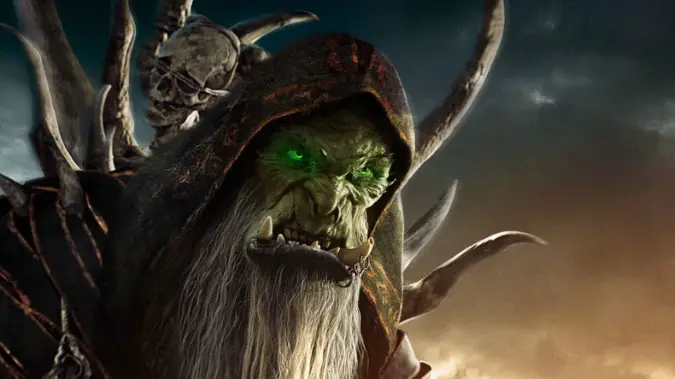
The current of the conversation
These stories aren’t just beloved. They aren’t just important. They’re a part of their lives, a part of the culture we all live in. You can spend your entire life avoiding them — I have not and will not read either the Harry Potter nor the A Song of Ice and Fire novels — and it doesn’t matter. You will know what they are. You will know by the passion of others. They touch your life because they nudge the conversation in directions you will be powerless to escape. So I don’t begrudge anyone good, cogent criticism of any media, but I do wonder — is there a point where a story becomes so monolithic that criticism is almost pointless? Where it can only become noise, like the sound of rain steaming as it strikes a red hot surface? Where a consensus actually overwhelms any attempt at being reasonable?
I don’t have answers, of course. I certainly feel like there are times when that consensus is correct — I don’t think that the chorus is always wrong just because it’s loud. When you see a particular concern echoed repeatedly, it’s often tempting to ignore it simply because it is prevalent, rather than really stopping to examine its merit, and that’s a consequence of such cultural primacy for a work as well. I have no answers, but I have questions, and I suppose I’ll keep asking them. And I’ll keep enjoying WoW until I don’t anymore, whether or not that fits the consensus.
Heck, I still say the Warcraft movie was pretty good. It was fun. I enjoyed it. Sometimes, I feel like we lose sight of simply being able to enjoy things.
Please consider supporting our Patreon!
Join the Discussion
Blizzard Watch is a safe space for all readers. By leaving comments on this site you agree to follow our commenting and community guidelines.
 @MatthewWRossi
@MatthewWRossi



